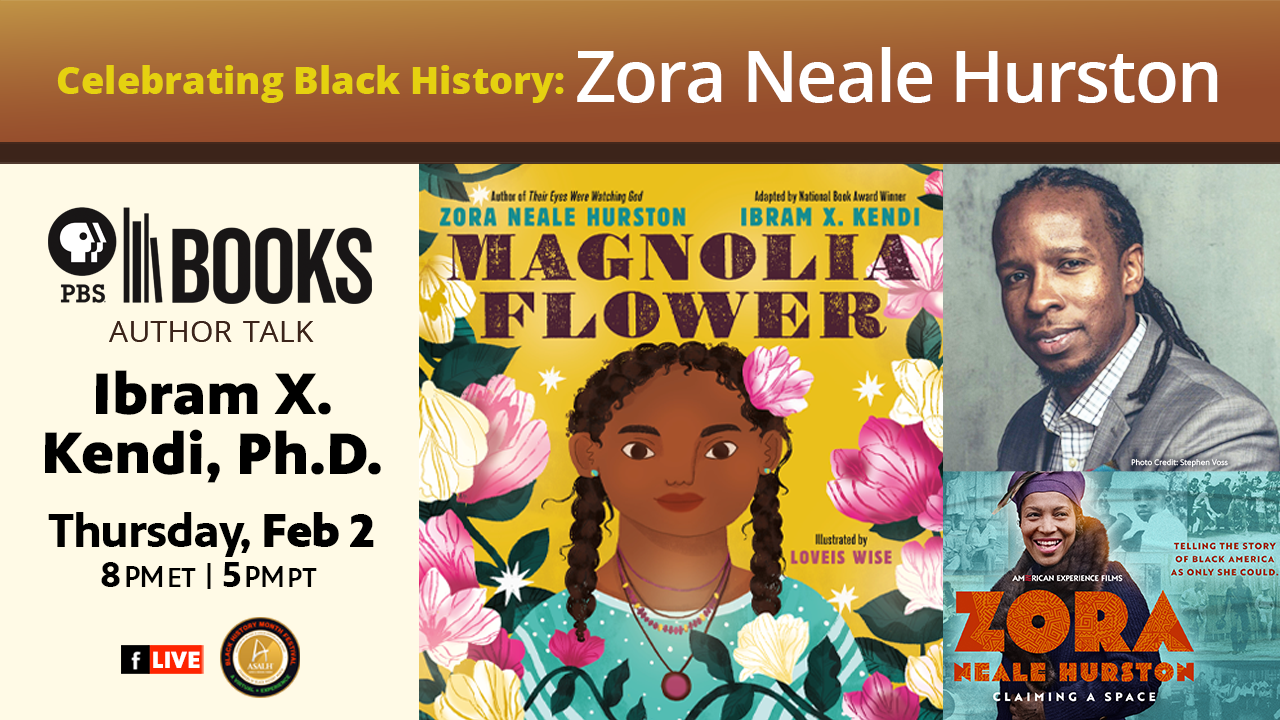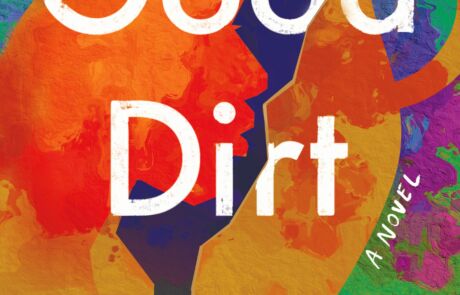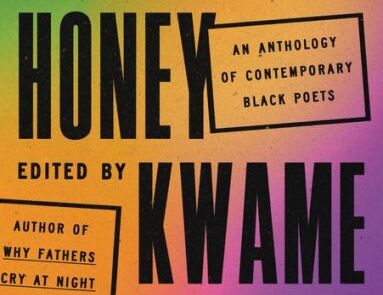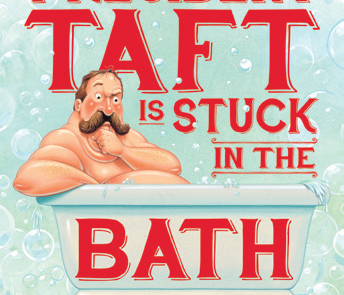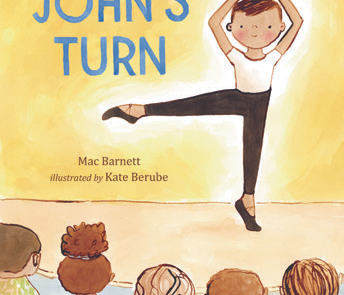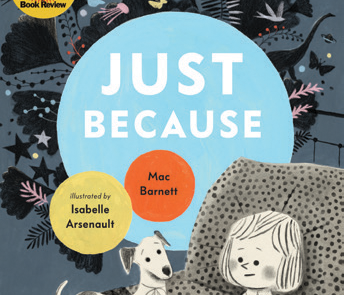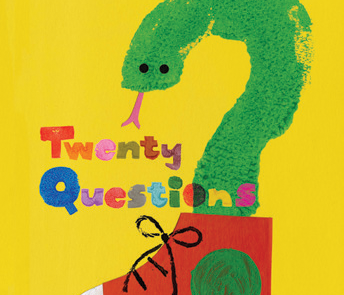CELEBRATING BLACK HISTORY: ZORA NEALE HURSTON
AUTHOR TALK: IBRAM X. KENDI, PH.D.
PBS Books, in collaboration with the Association for the Study of African American Life and History (ASALH), is pleased to host a program with Dr. Ibram X. Kendi, who recently adapted Zora Neale Hurston’s Magnolia Flower and soon-to-be-released The Making of Butterflies. The program is offered in connection with the AMERICAN EXPERIENCE’s Zora Neale Hurston: Claiming A Space on PBS. Join us to gain insights into these wonderful children’s books that introduce Zora Neale Hurston folk tales to audiences of all ages.
This program is also being offered in collaboration with ASALH’s Black History Month Festival.
ABOUT THE BOOK: MAGNOLIA FLOWER
Born to parents who fled slavery and the Trail of Tears, Magnolia Flower is a girl with a vibrant spirit. Not to be deterred by rigid ways of the world, she longs to connect with others, who too long for freedom. She finds this in a young man of letters who her father disapproves of. In her quest to be free, Magnolia must make a choice and set off on a journey that will prove just how brave one can be when leading with one’s heart. The acclaimed writer of several American classics, Zora Neale Hurston wrote this stirring folktale brimming with poetic prose, culture, and history. It was first published as a short story in The Spokesman in 1925 and later in her collection Hitting a Straight Lick with a Crooked Stick (2020).
Tenderly retold by #1 New York Times bestselling and National Book Award-winning author Ibram X. Kendi, Magnolia Flower is a story of a transformative and radical devotion between generations of Indigenous and Black people in America. With breathtaking illustrations by Loveis Wise, this picture book reminds us that there is no force strong enough to stop love.
ABOUT THE BOOK: THE MAKING OF BUTTERFLIES
First Folktale from the creators of Magnolia Flower, Zora Neale Hurston and Ibram X. Kendi, about the origin of butterflies. The Creator wuz all finished and thru makin’ de world.
But soon, the Creator finds themselves flying through the sky, making gorgeous butterflies of every color, shape, and size. Find out why butterflies were made in Zora Neale Hurston’s stunning and layered African American folktale retold by #1 New York Times bestselling and National Book Award–winning author Ibram X. Kendi and illustrated by Kah Yangni. This accessible and sizable board book is perfect for introducing the youngest of readers to the beauty of Hurston’s storytelling and will spark curiosity in children about how things in our world came to be.
ABOUT THE AUTHOR: Ibram X. Kendi, Ph.D.
Ibram X. Kendi is a National Book Award–winning and #1 New York Times bestselling author. His books include Antiracist Baby; Goodnight Racism; How to Be an Antiracist; and How to Raise an Antiracist. Kendi is the Andrew W. Mellon Professor in the Humanities at Boston University and the director of the BU Center for Antiracist Research. In 2020, Time magazine named Kendi one of the 100 most influential people in the world. He has also been awarded a 2021 MacArthur Fellowship.
ABOUT THE SHOW: ZORA NEALE HURSTON: CLAIMING A SPACE
Raised in the small all-Black Florida town of Eatonville, Zora Neale Hurston studied at Howard University before arriving in New York in 1925. She would soon become a key figure of the Harlem Renaissance, best remembered for her novel, Their Eyes Were Watching God. But even as she gained renown in the Harlem literary circles, Hurston was also discovering anthropology at Barnard College with the renowned Franz Boas. She would make several trips to the American South and the Caribbean, documenting the lives of rural Black people and collecting their stories. She studied her own people, an unusual practice at the time, and during her lifetime became known as the foremost authority on Black folklore.
Directed by Tracy Heather Strain, produced by Randall MacLowry and executive produced by Cameo George, Zora Neale Hurston: Claiming a Space is an in-depth biography of the influential author whose groundbreaking anthropological work would challenge assumptions about race, gender and cultural superiority that had long defined the field in the 19th century.


